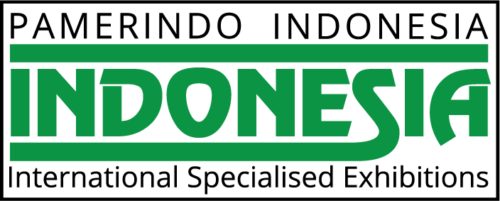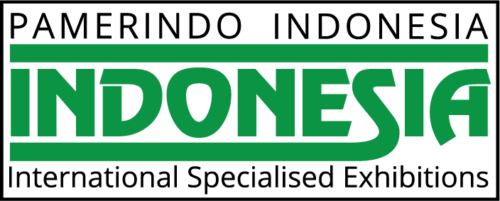Singapore — State-run Pertamina’s newly appointed CEO Nicke Widyawati on Wednesday outlined her gameplan for boosting Indonesia’s energy security by cutting oil imports, putting refinery construction plans back on track and implementing the new biodiesel policy to shore up finances.
Widyawati’s appointment as Pertamina’s CEO, also called the president director, comes at a tough time for one of Southeast Asia’s largest state-run oil and gas companies, not least because of rising oil prices that have topped $70/b.
President Joko Widodo is preparing for presidential and legislative elections in 2019 and is inclined to maintain populist measures such as fuel subsidies, in which Pertamina will have a key role to play.
Widyawati, who has been appointed by the president, will be treading a thin line between the official mandate and keeping the oil major afloat amid rising import bills, falling domestic oil and gas production levels and attracting foreign investment in the upstream sector.
The position has been vacant since the previous CEO Elia Massa Manik was dismissed in April and Widyawati was named acting president director. She was previously Pertamina’s human resources director and state-owned electricity company Perusahaan Listrik Negara’s strategic procurement director.
“Oil and gas imports are the first focus,” Widyawati said Wednesday at a press conference in Jakarta, adding that the goal of cutting imports has to be realized this year.
Despite being an oil and gas producer, Indonesia is forced to import crude oil and petroleum products to meet domestic demand.
This is because of regional oil imbalances and falling production due to policies that have forced out most oil majors from Indonesian projects. Pertamina imports around 400,000-500,000 b/d of crude every year, S&P Global Platts reported previously.
Pertamina also imports petroleum products from refining hubs like Singapore as its total refining capacity of around 1.1 million b/d operates below capacity, and imports are needed to meet refined products demand of up to 1.7 million b/d.
Indonesia’s oil and gas imports as of July 2018 reached $16.68 billion, compared with exports of $10.03 billion, according to Indonesia’s Central Bureau of Statistics.
BACKLOG OF REFINERY PROJECTS
Despite a widening demand gap, no new refineries have been built in Indonesia since the Balongan refinery in 1994, according to the US Energy Information Administration. Projects have been held up by red tape, corruption and political hurdles.
Widyawati said she aims to start construction of new refineries this year.
The expansion of Pertamina’s Balikpapan refinery in East Kalimantan will be a top priority, as the location is ready and the front-end engineering study has been completed, she said.
“We will not wait until we have partner. We have been delayed for such a long time on refinery construction,” Widyawati added.
Pertamina had plans to expand the Balikpapan refinery to 360,000 b/d from 242,000 b/d in two stages at an investment of $3.5 billion. An earlier partnership with Japan’s JX Nippon in 2016 fell through.
Other stalled refinery projects include an integrated 300,000 b/d Tuban refinery in East Java with Russia’s Rosneft at an investment of $12 billion-$13 billion, a $4 billion-$5 billion upgrade of the Cilacap refinery with Saudi Aramco, and a 300,000 b/d Bontang refinery in East Kalimantan with a Omani and Japanese investors for $10 billion.
NEW BIODIESEL MANDATE
Widyawati said her third objective is to implement the new biofuel mandate for all diesel sales from September 1.
“We are ready if FAME supply is available. Our responsibility is to blend and distribute it through our pump stations,” she said.
Indonesia has expanded an existing mandate that covered only subsidized diesel sales. The new mandate calls for blending B20 biofuel, which is diesel with a 20% blend of FAME, or fatty acid methyl esther, for both subsidized and non-subsidized diesel sales from September 1.
Biomass-based fuels such as FAME are derived from vegetable oils including palm oil and Indonesia is the largest palm oil producer in the world.
Higher blending will help boost a flagging biofuels industry and trim Pertamina’s fuel imports and subsidy burden, especially with high oil prices and the Indonesian Rupiah weakening against the US dollar for several months in a row.
Front-month ICE Brent futures surged above the $80/b mark in May, the highest level since reaching $80.85/b in November 24, 2014.
Besides Widyawati, the government also appointed BP Indonesia’s former country head Dharmawan Samsu as Pertamina’s upstream director to replace Syamsu Alam, and Koewiranto Kushartanto as director of human resources.
source: https://www.spglobal.com/platts/en/market-insights/latest-news/oil/083018-new-pertamina-chief-faces-uphill-task-in-boosting-indonesias-energy-security





